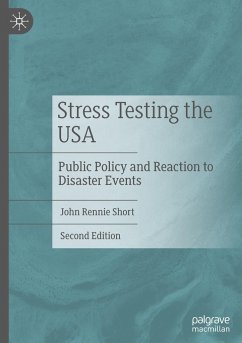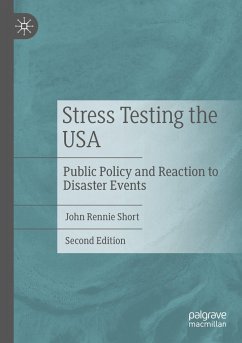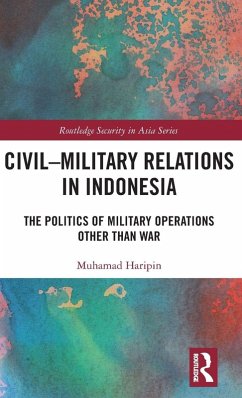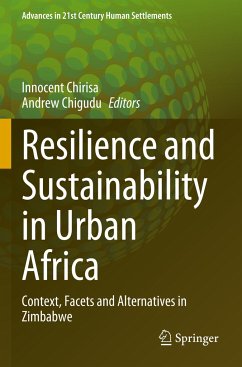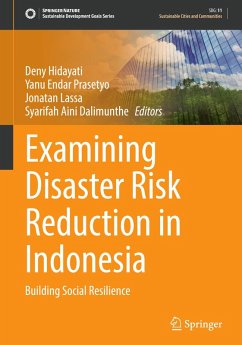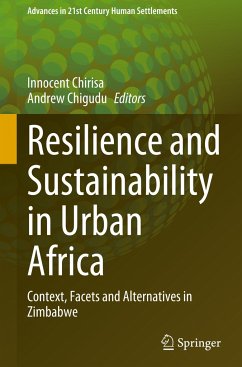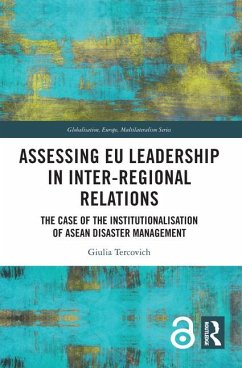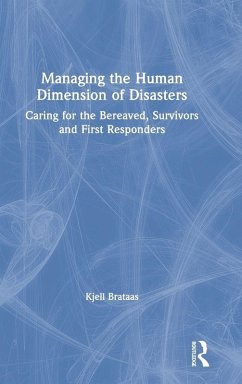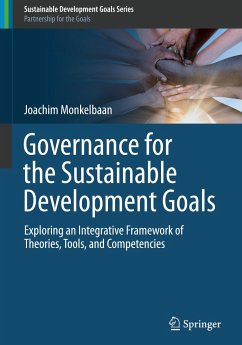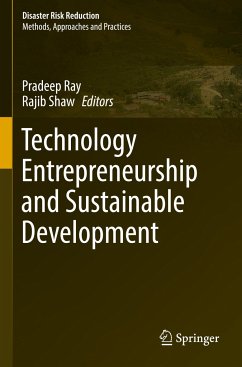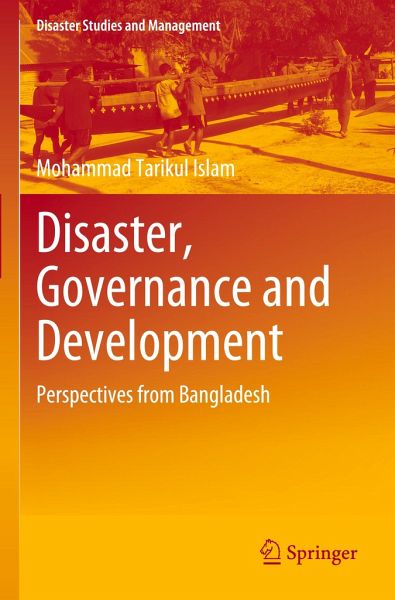
Disaster, Governance and Development
Perspectives from Bangladesh
Versandkostenfrei!
Versandfertig in 6-10 Tagen
91,99 €
inkl. MwSt.
Weitere Ausgaben:

PAYBACK Punkte
46 °P sammeln!
This book unveils the nexus between disaster, governance and development with a particular focus on Bangladesh and examines the legislative and institutional aspects in mainstreaming disaster risk reduction into development planning. With the help of rich content analysis interpreting disaster management history of the country, it looks at the challenges associated with disaster management in the context of Bangladesh. The book highlights the most reasonable strategy on how to accelerate a paradigm shift from relief culture to DRR culture. It also assesses the viewpoint of how political econom...
This book unveils the nexus between disaster, governance and development with a particular focus on Bangladesh and examines the legislative and institutional aspects in mainstreaming disaster risk reduction into development planning. With the help of rich content analysis interpreting disaster management history of the country, it looks at the challenges associated with disaster management in the context of Bangladesh. The book highlights the most reasonable strategy on how to accelerate a paradigm shift from relief culture to DRR culture. It also assesses the viewpoint of how political economy influences governance and institutional strengthening, thus identifying obstructions and opportunities for mainstreaming disaster management into development. The book also lays emphasis on collaboration between public sector and private sector for the expansion of disaster risk reduction programme. It shows how multilevel governance works for professionalizing disaster management andthrows light on policy frameworks developed. This book is a tremendous resource for scholars, practitioners and researchers of disaster management, environmental studies, development agencies, political science, public policy, development studies, governance, regional development, South Asian studies and local government, particularly those interested in disaster, governance and sustainable development.



